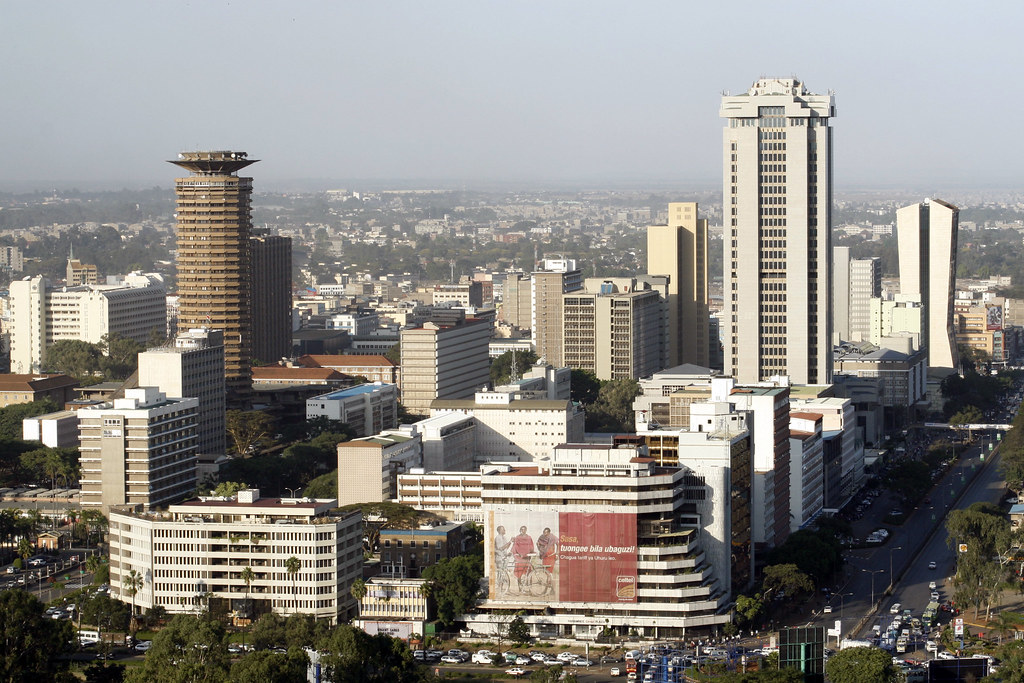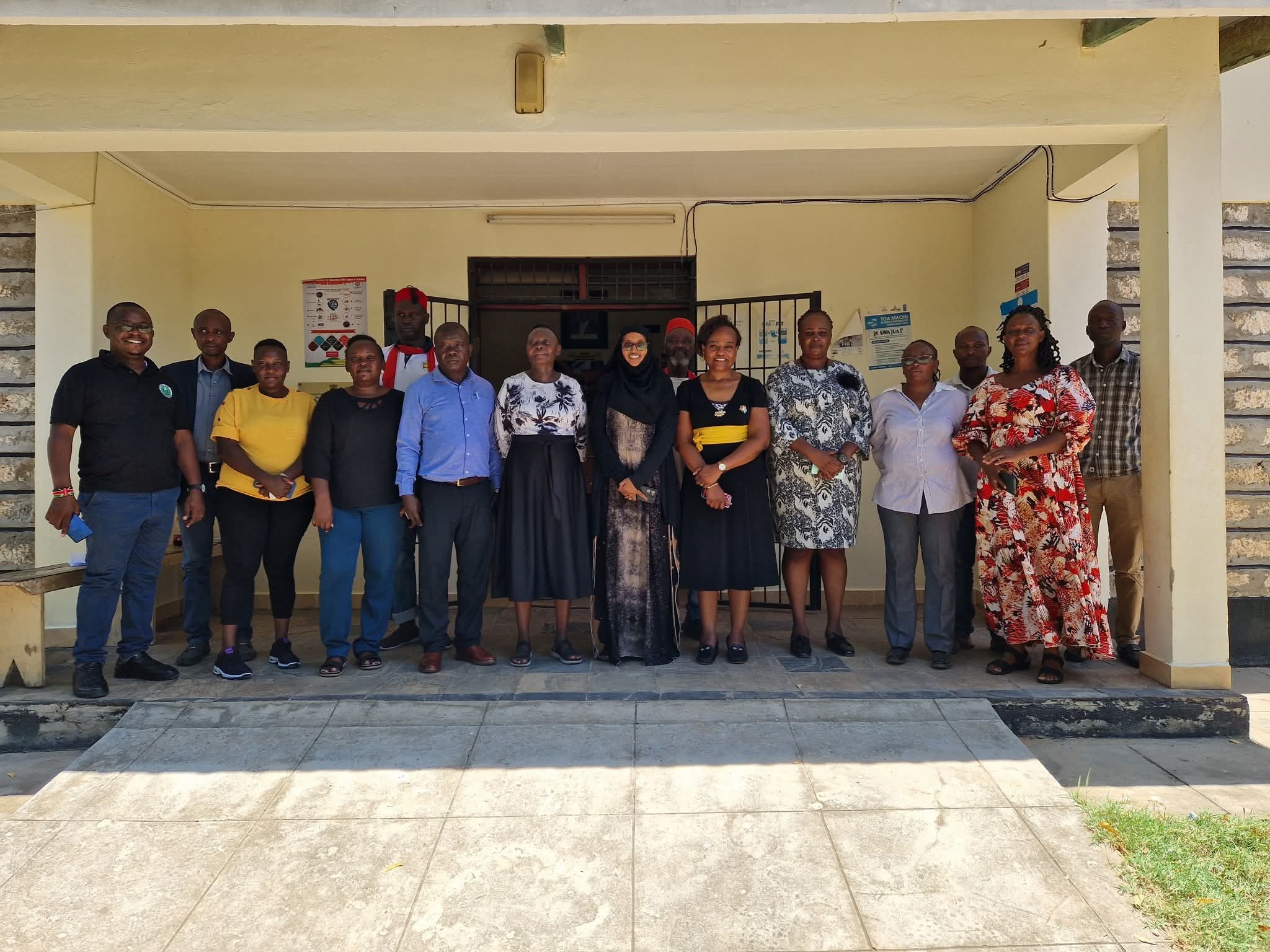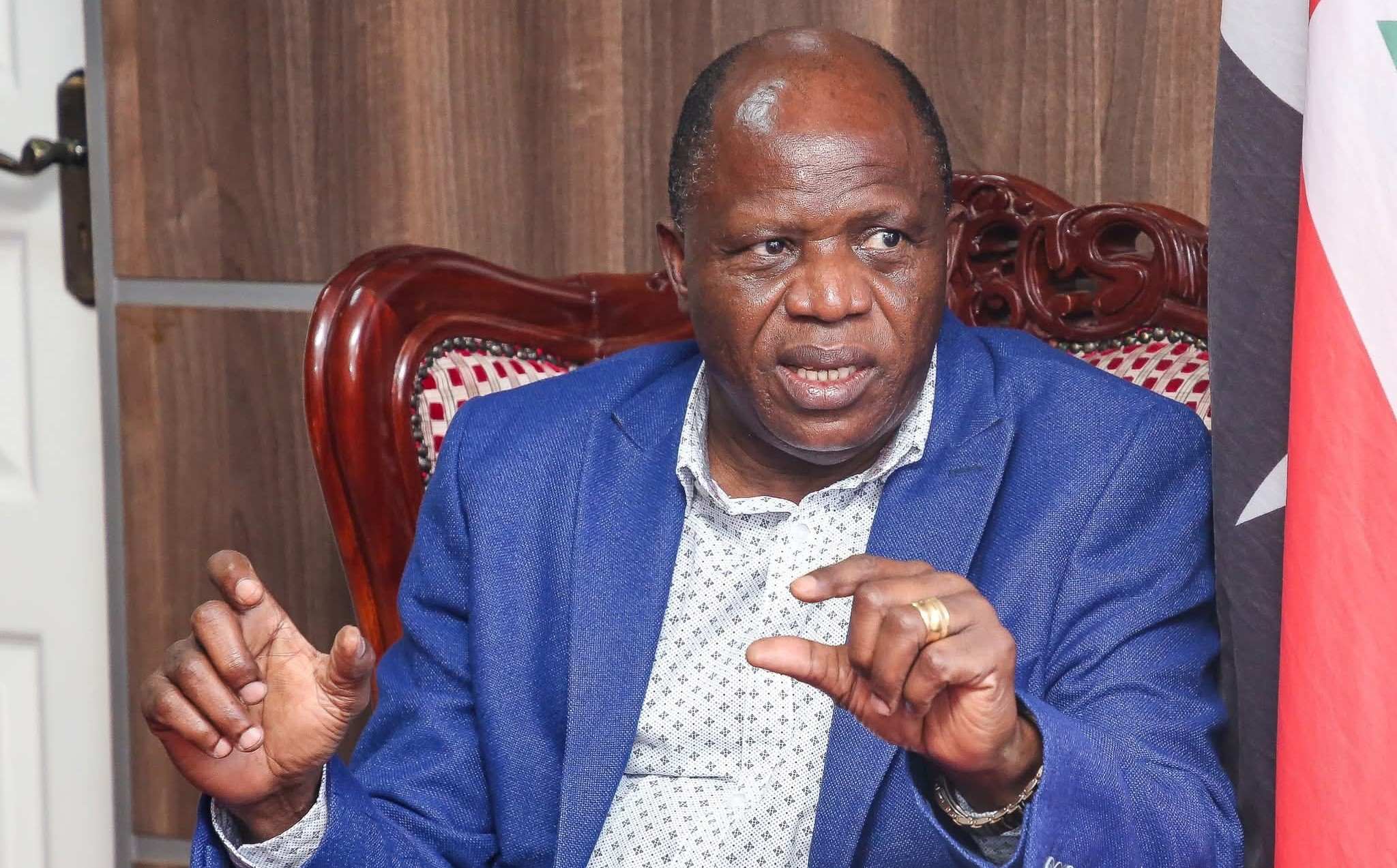Nairobi to trail Africa’s top cities in economic growth over the next 10 years

Compared to its immediate East African neighbours; Uganda's Kampala, Tanzania's Dar es Salaam and Ethiopia's Addis Ababa, Nairobi's prospect is the only downgrade with a GDP growth projection of 5.6 per cent.
Kenya's capital, Nairobi, has been projected to be the second slowest growing city in Africa over the next 10 years, denting its contribution to the region's growth.
The latest African cities outlook by the global intelligence and research firm Economist Intelligence (EIU) shows Nairobi's rank in terms of Gross Domestic Product (GDP) contribution will drop five positions to 13 by 2035.
More To Read
- Tear gas, running battles rock Kariobangi North as rival groups clash during Gachagua church visit
- High-rise living in Nairobi’s Pipeline estate is stressful: How men and women cope
- Nairobi, Kiambu lead Kenya’s insurance uptake as rural counties lag
- Ethiopian quarter: How migrants have shaped a thriving shopping district in South Africa’s city of gold
- Kenya’s urban slum schools: Why access doesn’t guarantee better learning outcomes
- Nairobi’s mitumba and retail traders pin hopes on affordable basics to keep customers buying
This is from the current position eight, ranked out of the top 100 cities classified by the research unit. The drop is the second largest drop among the cities projected to have constrained GDP growths over the coming decade.
Algiers of Algeria has been projected to be the slowest growing city, projected to drop nine positions come 2035.
In the current ranking, Nairobi is led by Greater Cairo of Egypt, Greater Johannesburg of South Africa, Lagos of Nigeria, South Africa's Cape Town and Alexandria of Egypt which take the first five positions, respectively.
Compared to its immediate East African neighbours; Uganda's Kampala, Tanzania's Dar es Salaam and Ethiopia's Addis Ababa, Nairobi's prospect is the only downgrade with a GDP growth projection of 5.6 per cent.
Kampala is projected to record among the fastest GDP growths at an average of 9.6 per cent, moving its rank nine positions up to position 18 from the current 27.
Dar's GDP has been projected to grow at 9.0 per cent, a prospect that could see its ranking move up seven positions to position eight from the current 15.
On the other hand, Addis Ababa's GDP has been projected at a pace of 10.6 per cent, with its rank expected to move up six positions to six from the current position 12.
The report by the unit notes that African cities are expected to record among the fastest rates of population growth worldwide through to 2035, and the pace of urbanisation will be particularly strong in the region's largest cities, city clusters and megalopolises.
"We expect Africa's top 100 cities, incorporating cities with a population greater than one million in 2035 as well as smaller capitals to be home to about 21 per cent of the continent's population yet to generate more than 60 per cent of Africa's GDP by 2035," the report reads.
"We expect rapid urbanisation across Africa to help to create more dynamic and wealthier consumer markets, better connected and more sophisticated commercial and distribution hubs, and larger bases for industrial production and import-export operations."
However, the unit says overcrowding informal settlements, high unemployment, poor public services, stretched utility services and exposure to climate change are some of the major challenges that city planners will have to grapple with in their drive for sustainable urban economic growth in the next decade.
Top Stories Today













































